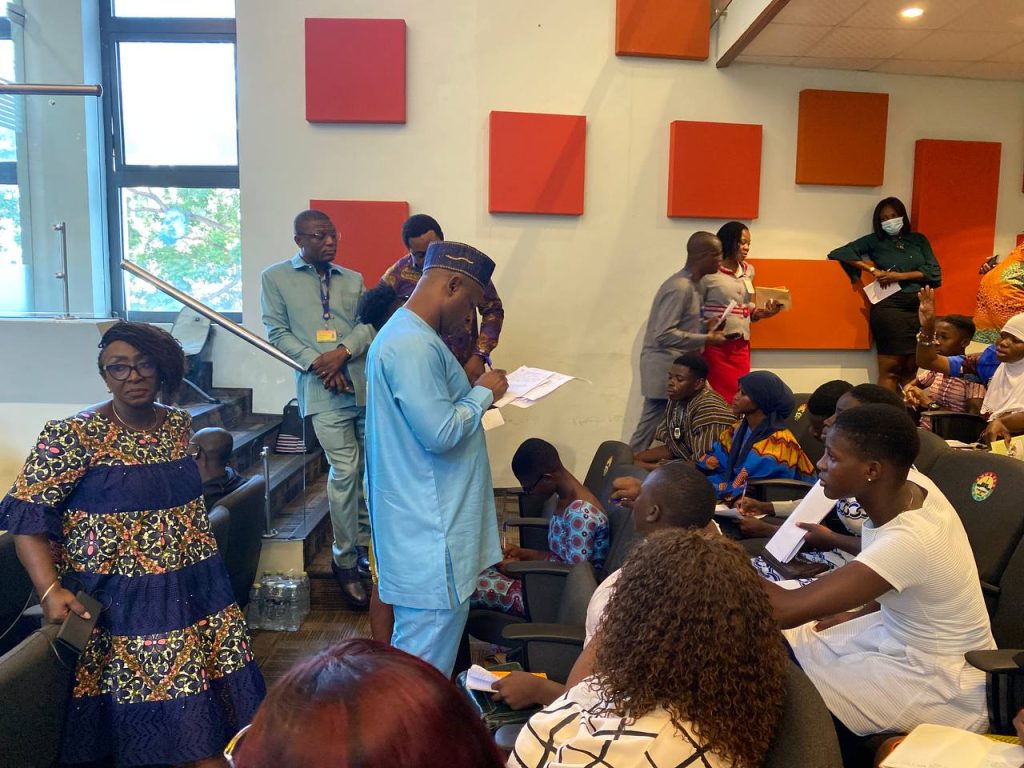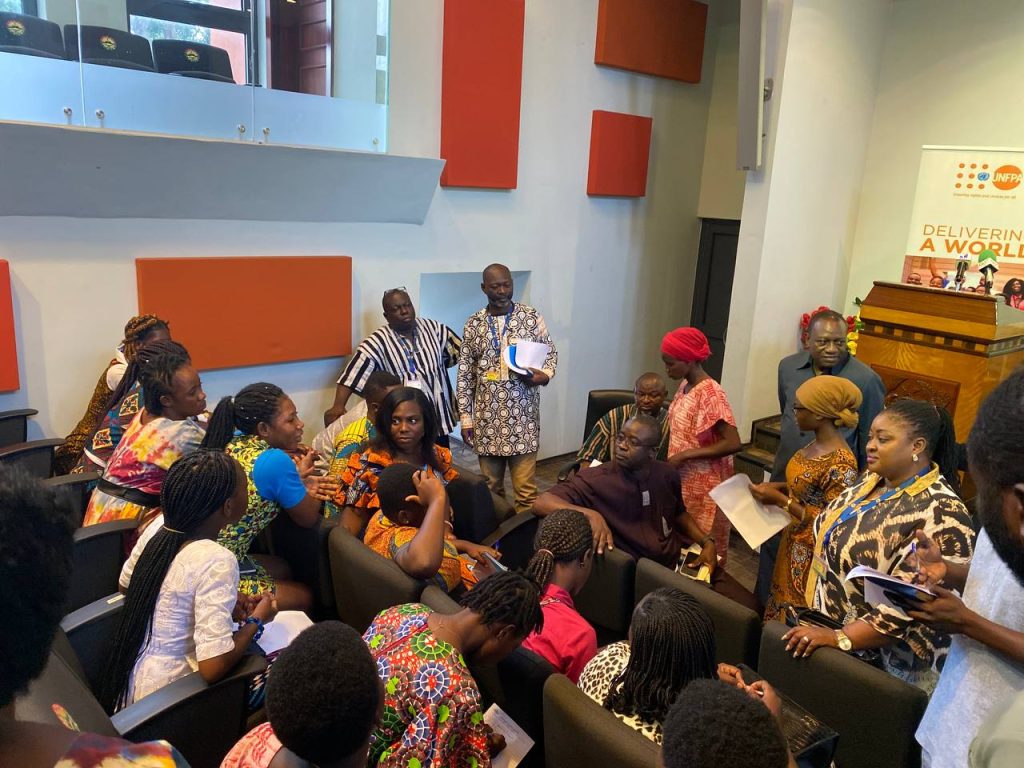
Child marriage harmful to girls - Adolescent forum participants
Abby (not her real name) counts herself lucky that she was saved from child marriage. A victim of a harmful tradition in her community that allows men to abduct any woman of their choice and marry them, Abby is now an ambassador against child marriage.
While in the company of her younger sister and friends during a market day at Fumbisi in the Upper East Region, Abby was abducted by a young man and his friends who carried her to the house of the intended husband.
Advertisement
Sharing her experience at a two-day ‘Adolescent Learning Forum and Delegates Conference on ending child marriage’ organised by the United Nations Population Fund (UNFPA) in Accra, Abby said “the young man was my friend. I never imagined he had such intentions towards me. I wasn’t ready for marriage, I had just completed Junior High School and was looking forward to further my education.
“My parents did not want me to get married. When my sister reported my abduction to them, they worked tirelessly to get me rescued after living with my abductor for three days, said Abby.
Now, a second year student at the Bolgatanga Girls Senior High school, Abby is involved in a programme being implemented by the Upper East Regional Coordinating Council (UERCC) to end child marriage and to promote gender equality and Adolescent Sexual Health and Rights (ASRHR). She actively campaigns against child marriage.
She stressed that abducting girls for marriage is a harmful practice and stressed the need for the Fumbisi community to break with this tradition to enable adolescent girls can expand their horizon.

Harmful practice
Ms Yvonne Wonchua, coordinator of the UNFPA joint Global Programme to End Child Marriage (GPECM) at the UERCC explained that “in Fumbisi, a man is allowed to kidnap a girl he desires to marry and then inform her parents for the marriage rites to be performed. No one comes to the rescue of the girl as this harmful tradition is so engrained in the fabric of the society that it is widely accepted.”
Abby, she explained, was rescued with the assistance of the assemblyman in the community and her school teacher who are both members of the Men and Boys club which was established by the UERCC to promote gender equality in the community.
Ms Wonchua further said that aside from being an influential member of the society, the assembly man has been sensitised on the negative impact of child marriage due to his involvement in the club’s activities.
“He, together with all the Men and Boys Club members are aware of the legal implications of child marriage, its harmful effects, such as teenage pregnancies, school drop-out and gender based violence,” Ms Wonchua added.
Ending child marriage
In a presentation at the Adolescent Learning Forum, Ms Abigail Edem Hunu, Programme Assistant for Gender at UNFPA said the GPECM aims at empowering the adolescent girl child to make decisions about when and whom to marry with the support of her family, the community, society, and public structures, systems and services.
Touching on prevalence of child marriage in this country, Ms Hunu said one in five young women today were married before 18 years, as compared to one in three in the early 1990s.
This implies that the number of child brides could grow if the prevalence of child marriage remains at today’s levels, she expanded.
She indicated that the joint UNFPA GPECM has been supporting the country through the Ministry of Gender Ministry’s Children National Strategic Framework for Ending Child Marriage since 2017.
The programme, Ms Hunu added, also works with partners across various sectors, including child and family welfare and justice systems, ASRHR, girls’ education, prevention of sexual and gender-based violence, gender equality and social protection.
Currently, 4,500 adolescent girls have been reached with the girls’ empowerment programmes to enhance their knowledge, education, life skills and attitudes on matters such as their rights, relationships and sexual and reproductive health.
In addition, three established enterprise development centers have supported 310 marginalised adolescent girls, including migrant head porters (kayayei), pregnant adolescent girls and mothers with integrated ASRH and gender-based violence information and services and livelihood skills.




